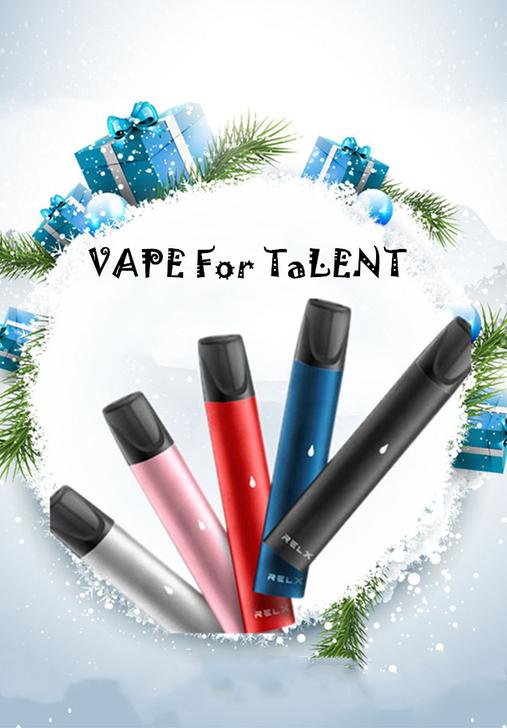Ecigs have become a popular alternative to smoking tobacco products. In spite of this there is some controversy over whether or not they should be classified as a drug or a food. Ecigs may also be classified as a drug if they contain ingredients that a drug is capable of producing in the body and they do not induce an allergic reaction or otherwise cause harm to the body. Ecigs could also be classified as a food if they contain ingredients that may aid in the healing of the body or increase the body’s ability to fight infections.
The Tobacco Products Directive (TPD) applies to all non-tobacco personalised cigarette brands, including ecigs. The Tobacco Products Directive stipulates the conditions for the marketing of these products including the conditions relating to nicotine content, nicotine quantity, age restrictions and labelling requirements. For the purpose of the UK ban, the amount of nicotine allowed in the refill fluid must not exceed the maximum level set out by the manufacturer. The manufacturers of ecigs are also subject to the same laws and regulations as those for tobacco and are prohibited from advertising their product to children under the age of 18 or selling them to people who cannot correctly use nicotine products. There are also restrictions placed on the storage and handling of ecigs.
Ecigarette companies can be based in either the UK or the US. If the company is based in the UK it is obliged to comply with all the local regulatory bodies and pays taxes. Ecigarette companies in the US are only permitted to export to countries within the European Economic Area and are strictly liable to comply with the restrictions and standards set out by the Food and Drug Administration and the FDA. Ecigs have not reached the point of being regulated by the Food and Drug Administration as cigarettes have. In the US there is no controls on the manufacture, distribution, sale or advertising of ecigs. 電子煙 companies can sell their products to anyone across the country or to anywhere in the world.
As more young people are becoming aware of the harmful effects of smoking, the number of teenagers and adults who smoke without any tobacco or other tobacco products increases every year. Most doctors believe that the rise in eu sales is due to the increase in awareness of the health hazards of smoking, which can be seen in the rise in youth smoking prevalence. A lot of research is currently underway in the hope of proving the connection between ecigs and tobacco and establishing whether eu sales would decrease if tobacco sales were banned.

Ecigarette companies can choose to advertise ecigs in several ways. They can allow retailers to display them on cigarette shelves or in specially designed display racks. They can also provide the option of refill cartridges, which can be used in conjunction with nicotine patches. Ecigarette companies are not permitted to make direct links to smoking as this contravenes UK law, which states that smokers should not give hand written information about the harmful effects of smoking on their bodies.
Ecigarette companies can offer a variety of refill systems for replacement of nicotine. In 2021, the European Commission approved a proposal that would allow ecigarettes to be sold as free refills without nicotine, but they must still contain nicotine. In countries where cigarettes are banned entirely or are heavily regulated, ecigarettes are available in places that cater to cigarette users who are prohibited from smoking. These include public places like airports, bus stations, schools and bars. It is not permitted to sell them in places that cater to young children.
If you wish to buy an ecigarette abroad, you need to follow the same rules as those applying to a personal import or export. You will need to identify the country of origin and ensure that the package is packed in accordance with the local customs requirements. Some countries prohibit the importation of ecigs. For example, in Spain nicotine is strictly forbidden while in Norway, e-cigs containing tobacco are strictly prohibited.
A further regulation that has been introduced is that of e-cigs that are imported into a country other than the one that they were purchased. Now a new regulation has been added to the ban on the importation of tobacco. Ecigarettes are now considered to be drug products and are banned outright in some countries, including the European Union. Instead, they can be sold under the name of an herbal remedy or health supplement. Only the manufacturer of the product may label it as such and no medical evidence or independent scientific authentication is required to confirm whether the product is indeed herbal or natural. E-cigs that are imported under this category are not allowed to contain any nicotine, so they cannot be used as a replacement for cigarettes.
